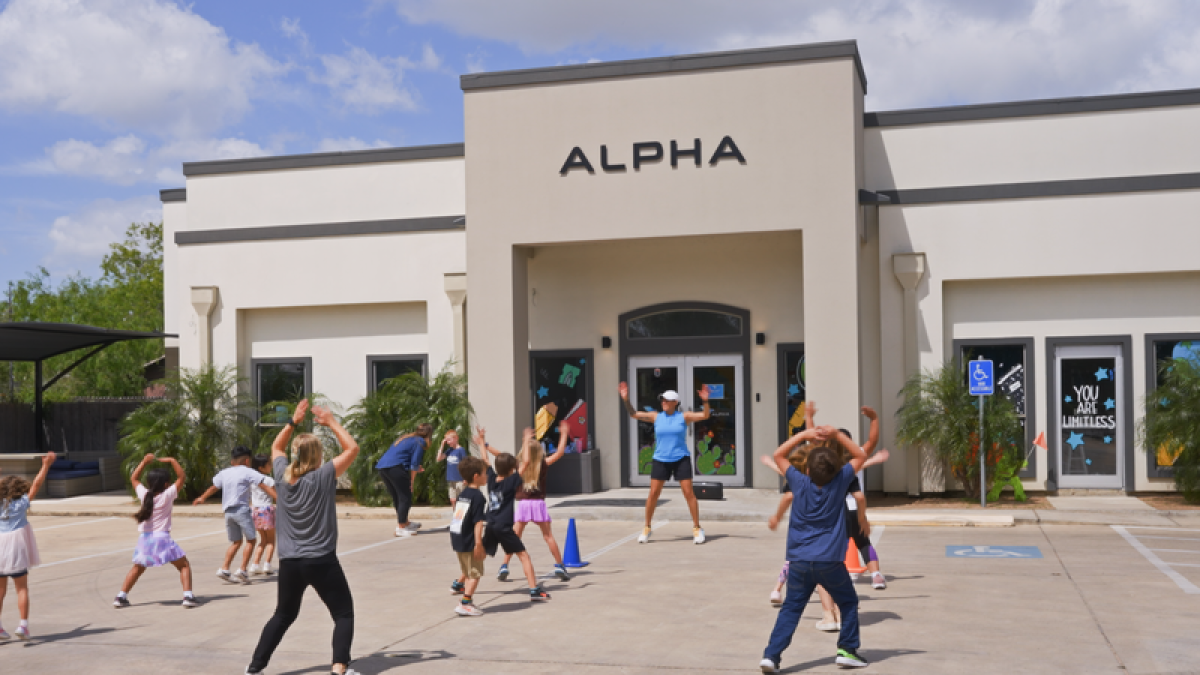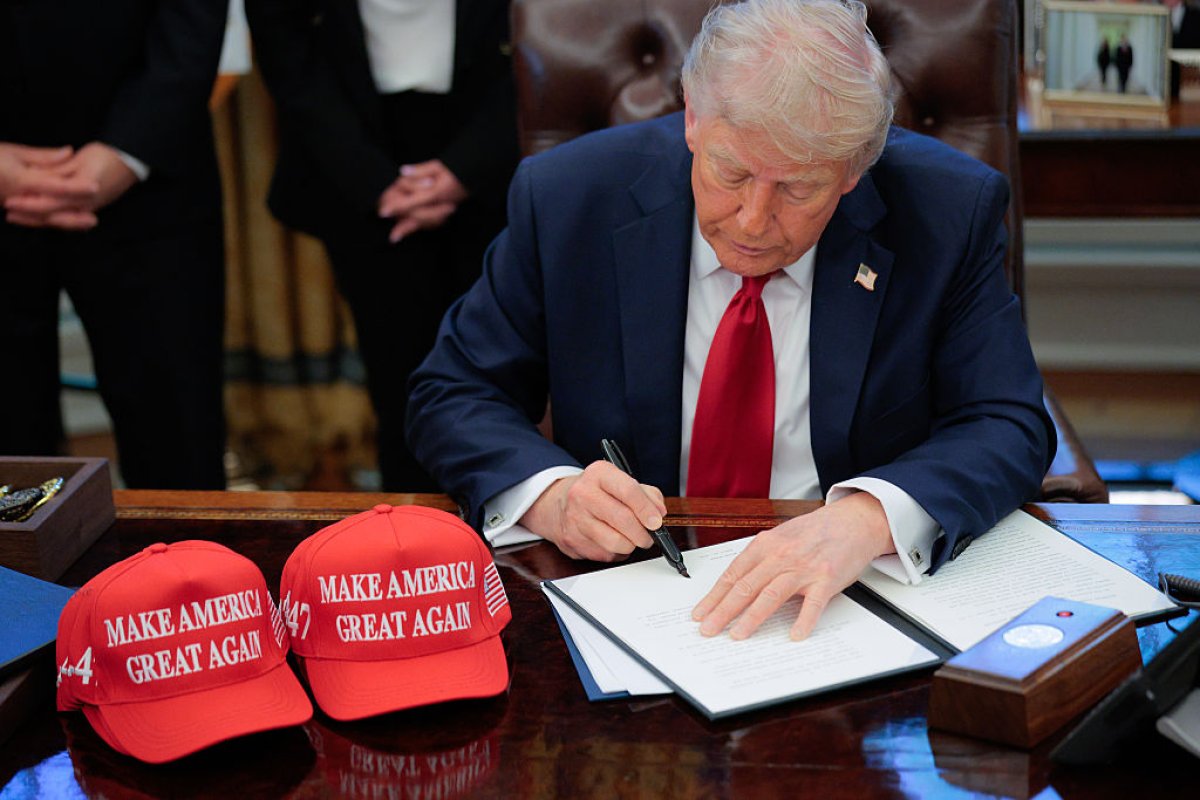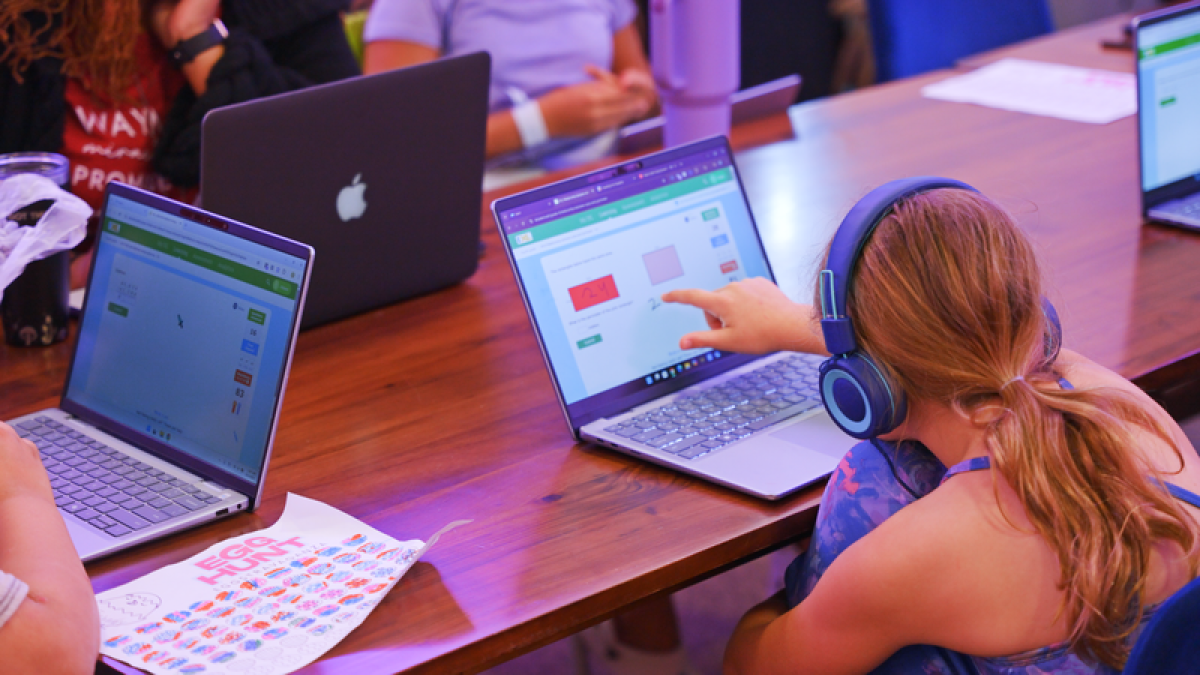The Changing Landscape of Education
As dissatisfied American parents continue to seek alternatives to traditional public education following the pandemic, the role of teachers is undergoing a significant transformation. Private schools like Alpha School in Brownsville, Texas, are pioneering a new approach that combines artificial intelligence with human instruction to create a more personalized learning experience.
At Alpha School, part of a growing chain of private institutions expanding into cities like New York City, Houston, and Phoenix, teachers act as facilitators rather than traditional lecturers. Students from pre-K through eighth grade work through customized 30-minute AI-powered learning sessions, allowing them to progress at their own pace. Instructors focus on mentoring, motivating, and imparting a sense of autonomy to their students.

Samantha Hilton, an instructor at Alpha’s Brownsville campus, explained to Newsweek that this approach allows students to become ‘limitless’ by creating individualized learning paths. ‘In public school, you very much just teach a blanket lesson, and you hope and cross your fingers that kids catch on,’ Hilton said. ‘But you have kids who are behind, kids who are on the dot, and kids who are advanced and bored.’
Expert Perspectives on AI in Education
Experts agree that while AI is changing the educational landscape, it is unlikely to replace teachers entirely. Colleen Hroncich, a policy analyst at the Cato Institute, praised Alpha’s individualized approach, noting that the personal connection between students and educators remains crucial. ‘Having that personal connection is always going to be very important for a large number of parents,’ Hroncich said.
Michael Van Beek, director of research at the Mackinac Center for Public Policy, suggests that public schools could benefit from Alpha’s innovative methods, particularly in customizing curriculum and allowing students to progress at different paces. ‘The conventional model is to provide instruction to the entire group at once… this model would be a game changer,’ Van Beek explained.

The Future of Teaching
As alternative education models like Alpha continue to emerge, the traditional role of teachers is evolving. At Alpha, instructors are more like ‘support staff,’ dedicated to empowering students to become self-sufficient. Van Beek notes that this shift doesn’t diminish the importance of teachers but rather changes their focus from content delivery to supporting student success.
The rise of such alternative models is part of a broader trend driven by parental dissatisfaction with the current education system. A YouGov survey found that only 6% of respondents characterized the U.S. education system as ‘very good,’ while 23% deemed it ‘very bad.’
National Implications and Policy Developments
The push for alternative education models aligns with recent federal initiatives aimed at integrating AI into K-12 classrooms. President Trump signed an executive order to foster AI competency among America’s youth, establishing the White House Task Force on AI Education and directing the Department of Education to prioritize AI in teacher training programs.

As the education landscape continues to evolve, it is clear that the role of teachers will adapt to incorporate new technologies while maintaining the human element essential to student development.


